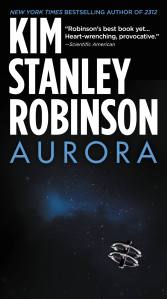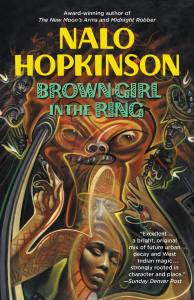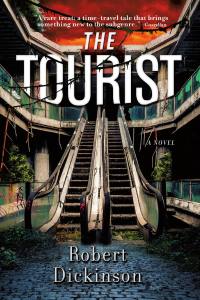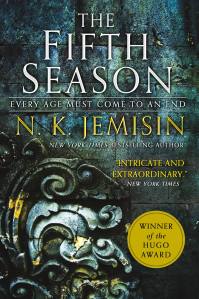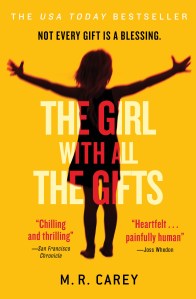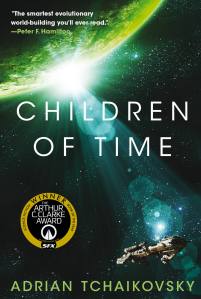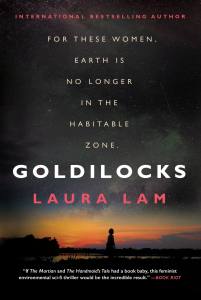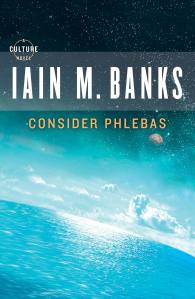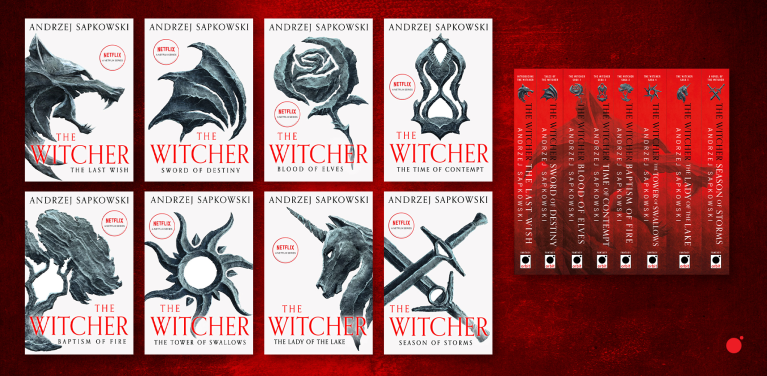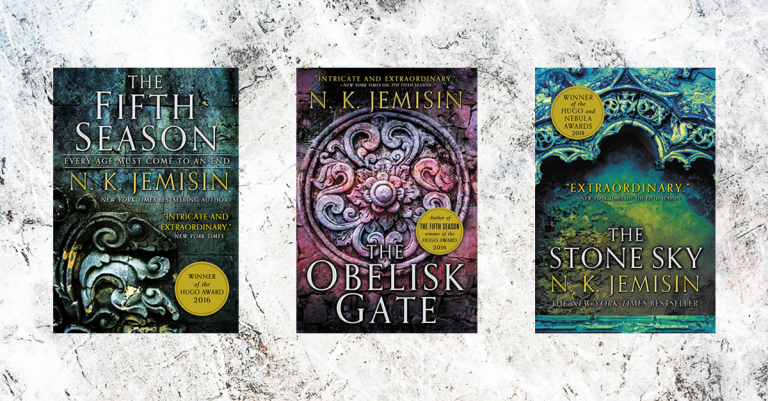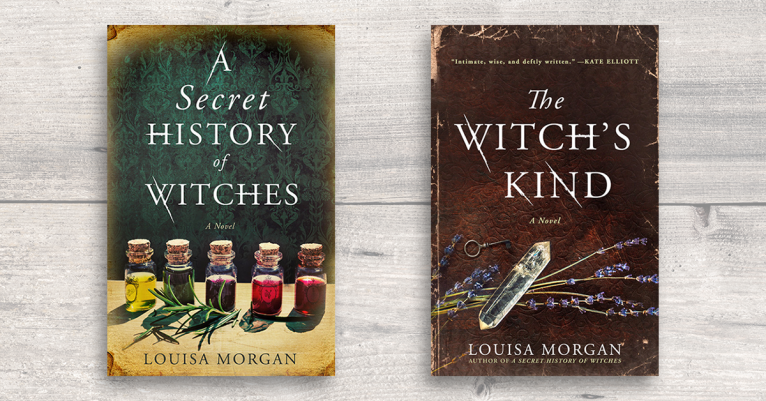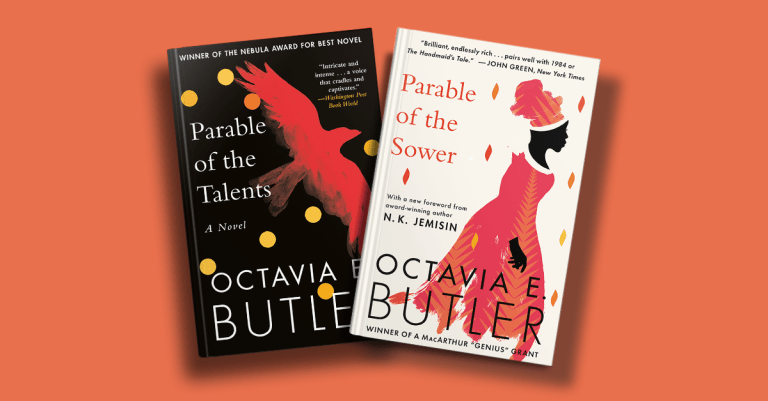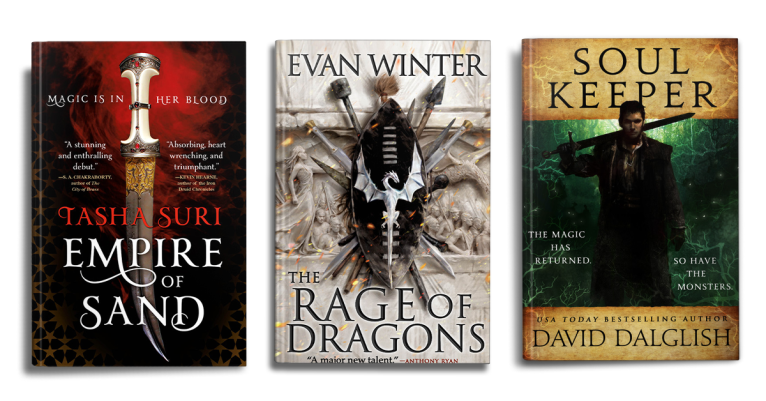Expand Your Mind with These Literary Science Fiction Books
There are those who remain stubborn about a hard line between literary fiction and its “opposite”—genre fiction. Commonly used rhetoric says that literary fiction has more literary merit, more focus on characters rather than plot, and doesn’t rely on tropes and conventions. That might be true… but all of those elements can easily also apply to genre books. I’ve read plenty of literary horror, romance, and even—though this might ruffle the feathers of some gate-keeping elites—some mind-blowing literary science fiction.
Breathtaking Prose and Style
One of the most obvious characteristics of literary fiction is its emphasis on eloquent, flowery prose. When I hear that, I immediately think of Kim Stanley Robinson's expert lines in Aurora, at once fluid and insightful. Beautiful turns of phrase tell the story of 2,000 humans as they approach a habitable planet in a far off solar system. However, it seems Aurora, the planet they're aiming for, might not be all that they desired.
Another work that comes to mind is Nalo Hopkinson's Brown Girl in the Ring, which deftly combines the world of a dystopian Toronto and African religion and mythology. This masterwork of literary speculative fiction showcases a rich and vibrant culture alongside gorgeous prose.
Literary fiction also has a reputation of being inventive and original, and Robert Dickinson's The Tourist definitely ticks that box. Many have hailed it as a book that asks the reader to work to decipher its messages and story—remind you of any dense literary classics we all know and (possibly) love? This clever, mysterious novel shows off a whole new style that will leave you turning it over for weeks afterward.
It wouldn't be a comprehensive list of literary sci-fi without the master of science fantasy, N.K. Jemisin. Her breathtaking start to a trilogy, The Fifth Season, comes complete with lush prose and stellar world building that chronicles a magical girl in a brutal dystopia. It is masterful work like Jemisin's that makes me wonder why there is a distinction between "literary fiction" and sci-fi at all.
Serious Subject Matter
Another element people say marks literary fiction apart from others is its ability to implement serious, deep tones. Plenty of science fiction observes themes that shouldn’t be taken lightly. For example, the newly released Lakewood by Megan Giddings contains a heavy exploration of the relationship between the medical industry and African Americans. It follows Lena, a grieving college student drowning in debt who needs to make a quick buck. Enter Lakewood, a mysterious town where its residents undergo brutal experimentation in order to pursue a better life.
Another book that examines race is Octavia Butler’s Kindred. Butler reworks the tired trope of time travel to tell the story of Dana, a contemporary Black woman who keeps falling back in time to save the son of a plantation owner from drowning. Butler is the queen of mixing serious social commentary with nuanced, engrossing speculative fiction.
The genre of zombie fiction is always misunderstood as lacking depth. If you agree, I say you obviously haven't read The Girl with All the Gifts by M. R. Carey. I won't spoil the premise, but The Girl with All the Gifts uses a clever turn on the standard zombie tropes, crafting heartfelt characters you can't help but root for on their journey to survive a zombie-filled world.
It’s no surprise that dystopia is a ripe sub-genre for literary speculative fiction, which leads me to the next item of this list: Ling Ma’s Severance. This novel follows Candace Chen, a routine-obsessed office worker mourning the loss of her parents. If that wasn’t enough to deal with, an apocalyptic disease emerges to threaten the pillars of society as we know it. Prescient and sometimes even comical, Severance is a true exercise in satire’s place in the sci-fi genre.
Raising Big Questions
Lastly, lit fic is often associated with big questions. Literary books are supposed to address things like life, death, the role of humanity in the universe, etc. The following books do exactly that, using the mechanisms of speculative fiction to contemplate questions that rival those of the most serious philosophers.
First up is Children of Time by Adrian Tchaikovksy, which tells the story of humanity some years in the future, having left a dying Earth behind. At first, the humans seem to discover a perfect planet, but as you can probably guess, it isn't exactly as it seems. What seems like a standard science fiction plot is actually layered with large ponderings about artificial intelligence, aliens, and fate.
In a similar vein, Laura Lam's Goldilocks also concerns the search for a new human home. In this sci-fi thriller, an all-female mission to a potential life-sustaining planet goes awry when dangerous secrets and mysterious catch up the crew. Thought-provoking and feminist, Goldilocks rewrites the narrative of the space crew, simultaneously raising questions of gender and survival.
The last title on this list is a truly epic example of literary science fiction. Consider Phlebas by Iain M. Banks reimagines a future for civilization like no other. So often we see visions of humanity's weakest futures: dystopian wastelands and dictatorships driven by greed. But Consider Phlebas asks the reader to imagine a post-scarcity utopia where humans and aliens prosper side by side. But what should a utopia like this do when faced with the horrors of other civilizations, who don't value peace and perfection?
The books on this list are a good start to making one question if literary fiction and sci-fi are really so opposed. And hey, if you aren’t convinced, at least you’ll have read a ton of fantastic novels in the process.
By clicking ‘Sign Up,’ I acknowledge that I have read and agree to Hachette Book Group’s Privacy Policy and Terms of Use
You Might Also Like
Mya is a reader, poet, and writer in New York City. You can find them and their work on Twitter @literallymya.
